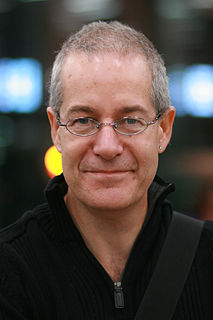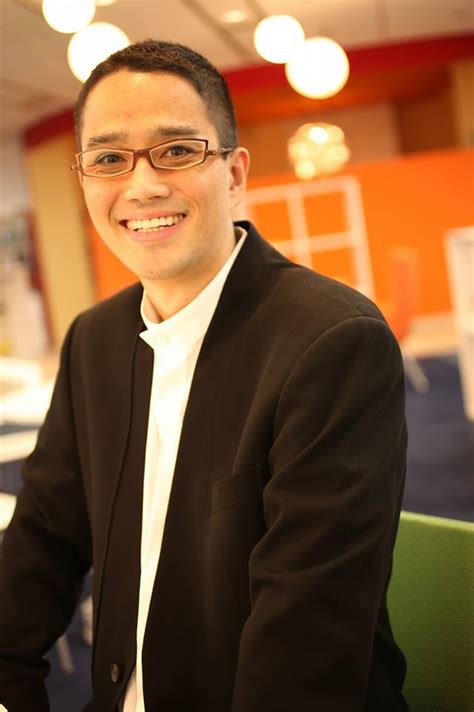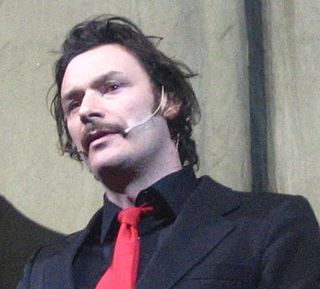A Quote by Edmund White
I think I'm very stoic. Death and dying are things that I'm used to.
Related Quotes
"Fate permitting" is a standard Stoic phrase meant to remind ourselves that planning things is up to us, but the ultimate outcomes are not under our control. It helps us to develop an attitude of equanimity toward the universe. We should very much try to change things for the better, that's the whole point of the Stoic discipline of action.
When one existentially awakens from within, the relation of birth-and-death is not seen as a sequential change from the former to the latter. Rather, living as it is, is no more than dying, and at the same time there is no living separate from dying. This means that life itself is death and death itself is life. That is, we do not shift sequentially from birth to death, but undergo living-dying in each and every moment.
I'm an atheist, I always thought, 'This is it.' If there is going to be a heaven, it should be on earth. I feel much happier than most people. I'm fairly stoic about death, but I'm not keen on dying if it's going to be long and protracted. I don't have dark nights of the soul, except occasionally. I'm such a little busy bee.
I find that many Christians are in trouble about the future; they think they will not have grace enough to die by. It is much more important that we should have grace enough to live by. It seems to me that death is of very little importance in the meantime. When the dying hour comes, there will be dying grace; but you do not require dying grace to live by.
But we are not interested in death at all: rather, we escape the facts, we are continuously escaping the facts. Death is there, and every moment we are dying. Death is not something far away, it is here and now: we are dying. But while we are dying we go on being concerned about life. This concern with life, this over concern with life, is just an escape, just a fear. Death is there, deep inside - growing.
I have very intense feelings of joy or sadness. I used to not like that so much because I was worried it was girly, and I wanted to be more stoic. I think this happens a lot. When you're 16, there are qualities you wish you didn't have, and then when you're 30, you're like, 'Thank God I have that; otherwise, I'd be living less vividly.'
I support the death penalty. I think that it has to be administered not only fairly, with attention to things like DNA evidence, which I think should be used in all capital cases, but also with very careful attention. If the wrong guy is put to death, then that's a double tragedy. Not only has an innocent person been executed but the real perpetrator of the crime has not been held accountable for it, and in some cases may be still at large. But I support the death penalty in the most heinous cases.
When a significant other - a spouse, a parent or someone you're close to - is dying, it forces you to think about your life, about what you feel about death. What I realized from my dad's dying was that I wasn't scared of dying. But I was terrified of regrets. I was terrified of getting to the end of my life with a lot of Why didn't I's.






































